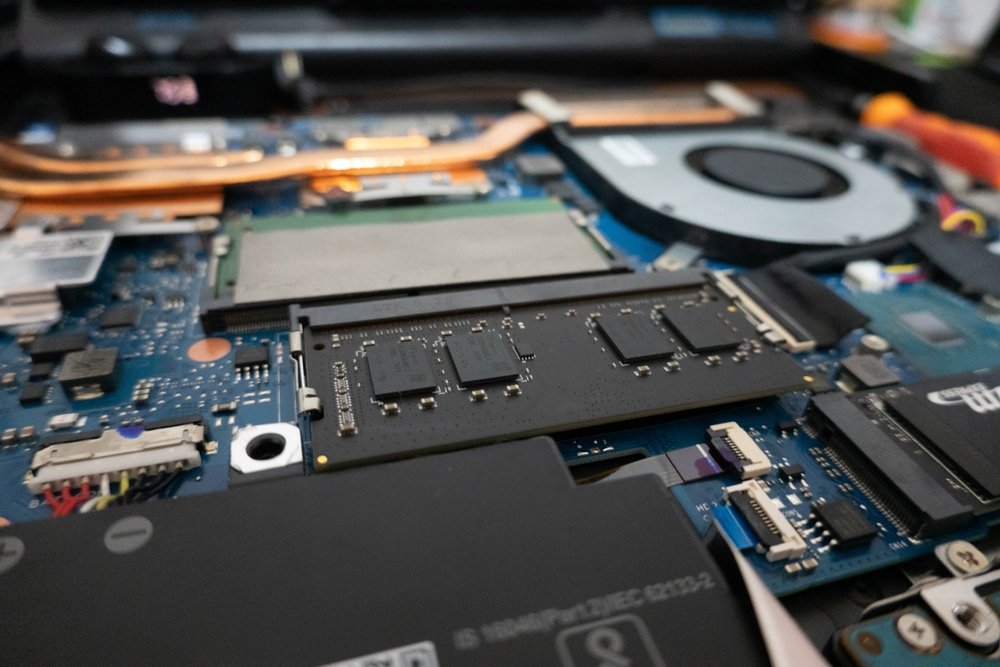Primary 4 Maths marks a pivotal stage in a student’s mathematical journey. At this level, students transition from basic arithmetic to more complex problem-solving, involving new concepts such as fractions, decimals, and geometry. Mastering these topics lays a solid foundation for upper primary levels and helps students develop critical thinking and logical reasoning skills.
This comprehensive guide will cover key topics in Primary 4 Maths, effective tips to improve understanding, and strategic ways to practice and succeed.
Why Primary 4 Maths Is Important
In the Singapore math curriculum and other education systems inspired by it, Primary 4 Maths is designed to deepen conceptual understanding while applying knowledge in real-life scenarios. It helps students:
-
Build fluency in calculations
-
Develop analytical thinking
-
Improve problem-solving skills
-
Prepare for Primary 5 and beyond
A strong grasp of Primary 4 Maths gives children the confidence to tackle more challenging concepts in later years.
Key Topics in Primary 4 Maths
Here are the major topics typically covered in the Primary 4 Maths syllabus:
1. Whole Numbers
-
Place values up to 100,000
-
Comparing and rounding numbers
-
Addition, subtraction, multiplication, and division
-
Word problems involving all four operations
2. Fractions
-
Equivalent fractions
-
Comparing and ordering fractions
-
Addition and subtraction of like fractions
-
Introduction to mixed numbers and improper fractions
3. Decimals
-
Understanding tenths and hundredths
-
Reading and writing decimal numbers
-
Comparing and ordering decimals
-
Basic operations involving decimals
4. Geometry
-
Identifying and classifying angles (acute, right, obtuse)
-
Properties of square, rectangle, and other polygons
-
Symmetry and identifying symmetrical figures
5. Measurement
-
Length, mass, and volume in metric units
-
Perimeter of simple and composite figures
-
Conversion between units (e.g., cm to m, g to kg)
6. Time
-
Reading 12-hour and 24-hour clocks
-
Converting between units of time
-
Solving word problems involving time intervals
7. Graphs
-
Interpreting bar graphs and line graphs
-
Drawing graphs based on given data
8. Area and Perimeter
-
Finding area of squares and rectangles
-
Word problems involving area and perimeter
Each topic builds upon skills learned in Primary 3 and prepares students for more abstract concepts in Primary 5.
Effective Study Tips for Primary 4 Maths
1. Understand the “Why” Behind Every Concept
Memorising formulas or methods is not enough. Students should understand why a method works. For instance, instead of just knowing how to convert 3/4 to a decimal, they should understand the relationship between fractions and division.
2. Use Visual Aids
Diagrams, number lines, and models (like bar models or pie charts) make abstract concepts easier to grasp. Tools like graph paper, fraction circles, and base-ten blocks are especially helpful in Primary 4 Maths.
3. Master Word Problems
Many students struggle with problem sums because they focus only on numbers and ignore context. Teach children to:
-
Read the question carefully
-
Identify key information
-
Decide what operations are needed
-
Show their working clearly
4. Practice Mental Math
Daily practice of mental calculations improves speed and confidence. Focus on multiplication tables, number bonds, and quick addition/subtraction strategies.
5. Revise Regularly
Math is not a subject to cram. Allocate time every week to revise previously learned topics. Regular revision prevents forgetting and strengthens memory retention.
Practice Strategies for Success
1. Use Practice Papers and Workbooks
Workbooks aligned with the school syllabus provide structured practice. Begin with topical exercises, then move on to mixed review papers and past-year exam questions.
2. Daily Practice Routine
Spend at least 20–30 minutes daily on Primary 4 Maths. Focus on one topic each day and revisit weaker areas more frequently.
3. Error Analysis
Mistakes are opportunities to learn. Review incorrect answers, understand the mistake, and redo the problem. Keep a “Math Journal” to note down common errors and how to avoid them.
4. Timed Practices
Set time limits when doing worksheets or mock exams to build exam stamina and improve time management.
5. Interactive Learning
Use online platforms, educational apps, or math games to make practice fun and engaging. Platforms like Khan Academy, SplashLearn, or Singapore Math apps can supplement school learning.
Common Challenges in Primary 4 Maths & How to Overcome Them
1. Struggling with Word Problems
Solution: Teach children to use bar models or draw diagrams. Break problems into smaller parts and underline keywords.
2. Difficulty with Fractions and Decimals
Solution: Use real-life objects—cut fruits, measuring cups, money—to relate concepts to everyday life.
3. Careless Mistakes in Calculation
Solution: Encourage checking work after solving. Build a habit of writing steps clearly and double-checking units and signs.
4. Lack of Confidence
Solution: Celebrate small wins. Praise effort over results. Use positive reinforcement and avoid comparing with others.
Bonus: Sample Questions for Primary 4 Maths
Whole Numbers
Q: What is the value of the digit 6 in the number 63,249?
A: 60,000
Fractions
Q: Which is greater: 3/4 or 2/3? Explain using a bar model.
A: 3/4 is greater.
Decimals
Q: Arrange the following in ascending order: 0.4, 0.09, 0.13
A: 0.09, 0.13, 0.4
Geometry
Q: Name a shape with 4 equal sides and 4 right angles.
A: Square
Measurement
Q: Convert 3.5 litres to millilitres.
A: 3,500 ml
Final Thoughts
Success in Primary 4 Maths is not just about mastering content—it’s about building confidence, developing logical thinking, and applying knowledge to real-world situations. With consistent practice, supportive guidance, and a curious mindset, any student can excel.















Leave a Reply